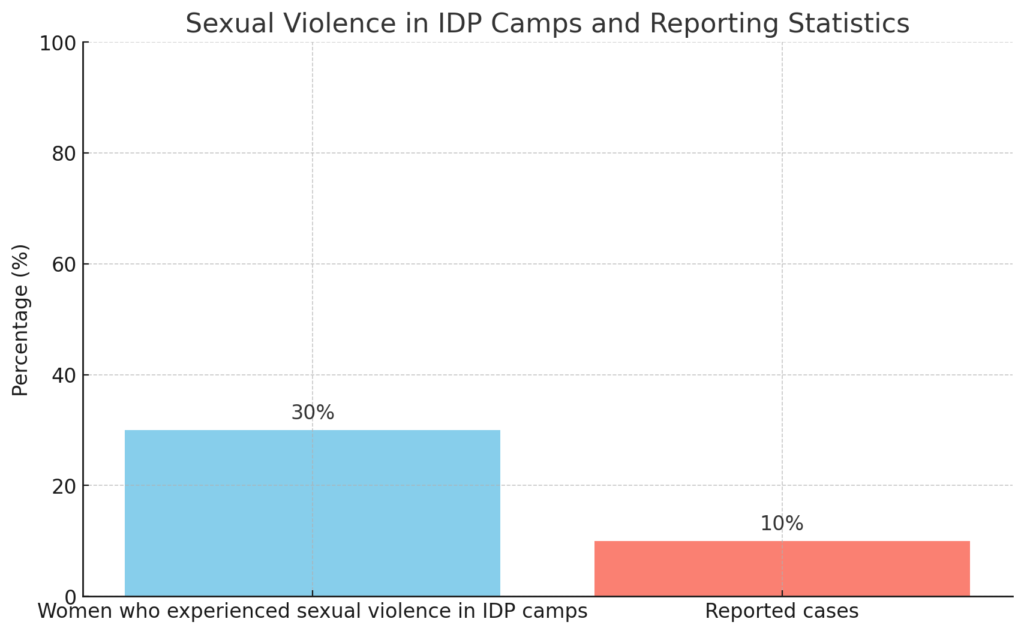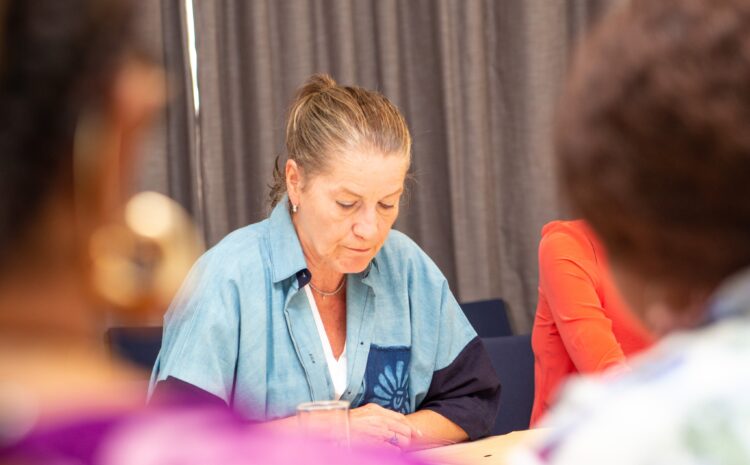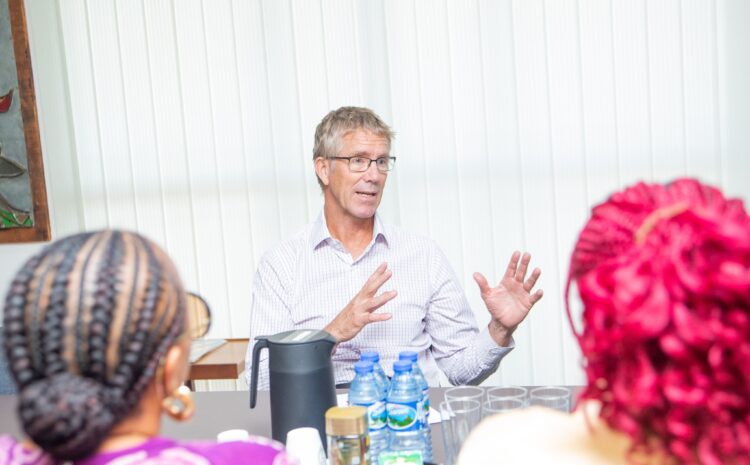1. Zusammenfassung
Sexuelle Ausbeutung und sexueller Missbrauch sind schwerwiegende Probleme, die die Glaubwürdigkeit von humanitärer Hilfe und Schutzmaßnahmen untergraben. In Nigeria, wo humanitäre Krisen aufgrund von Konflikten, Naturkatastrophen und soziopolitischen Herausforderungen weit verbreitet sind, ist das Risiko von SEA besonders hoch. Dieser Bericht enthält die wichtigsten Punkte aus dem Webinar zum Thema "Verhinderung von sexueller Ausbeutung und Missbrauch in der humanitären Arbeit" und beleuchtet das Ausmaß des Problems, Strategien zur Prävention und umsetzbare Schritte zur Schaffung eines sichereren und verantwortungsvolleren Umfelds.
Das Webinar zum Thema "Verhinderung von sexueller Ausbeutung und Missbrauch in der humanitären Arbeit" zielte darauf ab, das Bewusstsein zu schärfen und wirksame Strategien zur Verhinderung von sexueller Ausbeutung in humanitären Einrichtungen in Nigeria zu erörtern. Zu den Teilnehmern gehörten über 100 Vertreter lokaler und internationaler NRO, staatlicher Stellen und führender Persönlichkeiten der Gesellschaft. Die wichtigsten Ergebnisse zeigten, dass SEA in Konfliktgebieten weit verbreitet ist und dass es Hindernisse für die Berichterstattung gibt. Die Diskussionen führten zu umsetzbaren Empfehlungen zur Stärkung der Politik, zur Verbesserung der Berichterstattungsmechanismen und zur Einbeziehung der Gemeinden in Sensibilisierungskampagnen. Es wurden ein Aktionsplan und ein Überwachungsrahmen entwickelt, um sicherzustellen, dass die vorgeschlagenen Strategien wirksam umgesetzt werden.
2. Hintergrund/Kontext
Sexuelle Ausbeutung und sexueller Missbrauch (SEA) in der humanitären Arbeit bezieht sich auf jede Form des Machtmissbrauchs zu sexuellen Zwecken, bei dem die Täter schutzbedürftige Personen zur persönlichen Bereicherung ausnutzen. In Nigeria, insbesondere in konfliktbetroffenen Regionen wie dem Nordosten und der Nord-Zentral-Region, ist sexuelle Ausbeutung ein dringendes Problem. Die humanitäre Krise, die durch den Boko-Haram-Aufstand und die Konflikte zwischen den Gemeinschaften ausgelöst wurde, hat über 2,7 Millionen Menschen vertrieben und sie anfällig für Ausbeutung gemacht.
Statistiken zeigen, dass über 30% der Frauen in Vertriebenenlagern irgendeine Form von sexueller Gewalt erlebt haben, wobei nur 10% dieser Fälle gemeldet wurden. Der Bericht des National Bureau of Statistics für das Jahr 2022 zeigt einen Anstieg der Fälle von sexueller Gewalt in humanitären Einrichtungen um 22% im Vergleich zum Vorjahr.

Dieser Anstieg ist alarmierend und erfordert dringende Maßnahmen zur Verbesserung der Schutzmechanismen bei humanitären Maßnahmen und der Unterstützungssysteme für Überlebende.
Hindernisse wie die Angst vor Stigmatisierung, mangelndes Wissen über Meldewege und unzureichende Unterstützungsdienste tragen dazu bei, dass zu wenig über sexuelle Ausbeutung berichtet wird. Die Bewältigung dieser Probleme erfordert koordinierte Anstrengungen zwischen humanitären Organisationen, staatlichen Stellen und lokalen Gemeinschaften.





